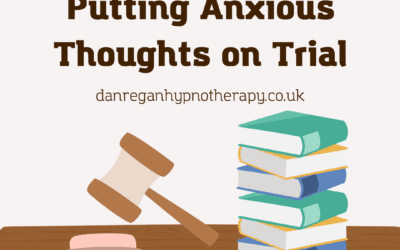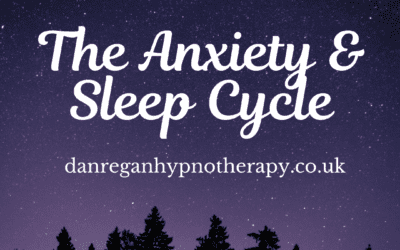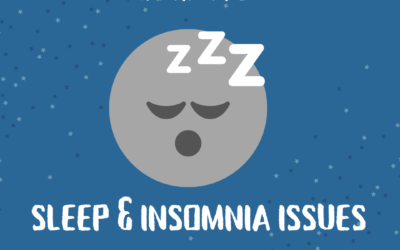Required
Marathon Training and Mindset – Hypnotherapy in Ely and Newmarket
Marathon Training and Mindset – Hypnotherapy in Ely and Newmarket
It’s official, after what seems like an age since my last attempt, I will soon be running a marathon. Now, my days of trying to get personal bests are a bit behind me yet I’m still excited to take part in an official events and to put my semi-structured marathon training into practice.
After several attempts in previous years that have usually ended in some part or other of me breaking, I’ve slowed things down and, perhaps unsurprisingly, am now enjoying those long runs a whole lot more. The other day I ran twenty three miles at a steady pace and it’s nice to have the time to see the scenery, to say a few words to a passer by and to be comfortably alone in my own thoughts.
I’ve written many times about running hypnosis and psychology and I’ve included some links below. And if you are in marathon training, or doing running of any kind, then I have some awesome hypnosis downloads that you may want to listen to alongside your actual running to support your running endeavours.
It’s very noticeable how important your mindset and inner dialogue can be when it comes to running. You want to avoid talking yourself out of putting your trainers on and getting out running. You need to be able to deal with that inner chimp when out running and you want to be as calm and confident as you can be when taking part in an event with all the sights, sounds and people that entails.
According to Facebook memories it’s been at least seven years since I last completed a marathon (but that’s not necessarily accurate!) so I’m hoping to stay healthy, get to the start line, jog around and then stay in one piece to collect the medal. And, like all runners, I’ve already got my eye on the race that comes after that one (a solid 50k ultra marathon).













